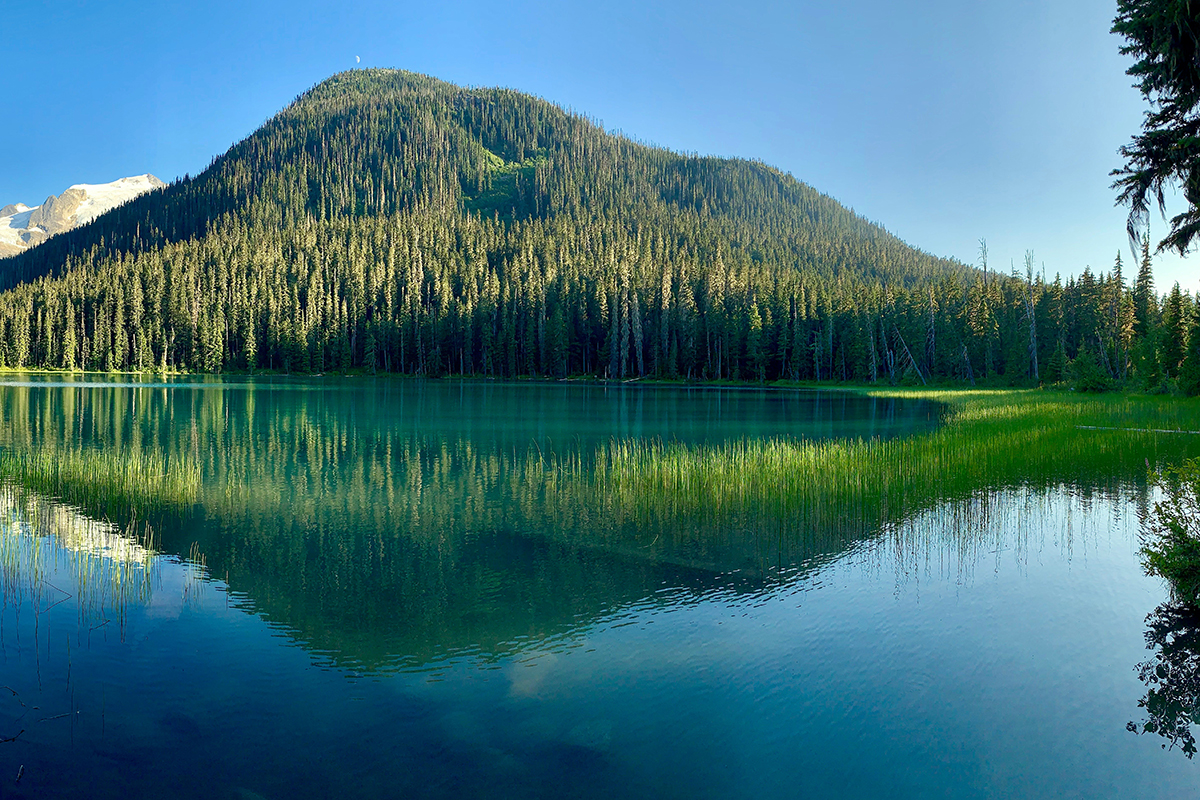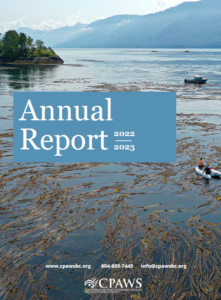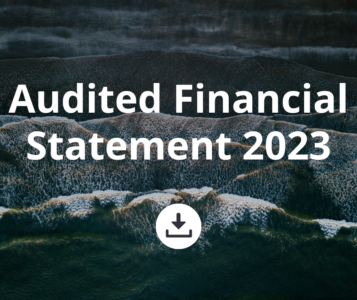Protected: Mining for Climate Solutions in BC’s Deepsea Oasis
Thursday October 24th, 2019
Traditional territories of the Songhees and Esquimalt First Nations, Victoria, BC – The Canadian Parks and Wilderness Society – British Columbia (CPAWS-BC) congratulates the government of BC’s leadership to legally uphold the rights of Indigenous Peoples in the province. The introduction of the Declaration on the Rights of Indigenous Peoples Act, the first law of its kind in Canada, follows through on commitments to reconcile BC law with the UN Declaration on the Rights of Indigenous Peoples (UNDRIP).
“This legislation is one step forward in a path to reconciliation that will lift up the existing efforts of Indigenous-led protection on land and in the ocean in BC,” says Jessie Corey, Terrestrial Conservation Manager at CPAWS-BC. “Bold action to stem the climate and biodiversity crises will only be achieved with the full collaboration and participation of Indigenous communities across Canada.”
Recent movement towards designating a National Park Reserve in the nxʷəlxʷəltantət, South Okanagan-Similkameen is one example of successful collaboration between First Nations, provincial and federal governments. The recent signing of iʔ sc̓ax̌ʷtət, memorandum of understanding, between these three levels of government is based on the recognition of the title and rights of the Syilx people, and provides a path forward to reconciliation through conservation.
Earlier this year, land and wildlife conservation proposals from First Nations all across BC were submitted to the federal government as part of Canada’s investment in increasing the amount of protected areas in the country. These projects present an incredible opportunity for BC to work with First Nations to combat biodiversity loss in a way that honours Indigenous relationships to the land and rights to self-determination.
Across the country, Indigenous communities are leading the way in new forms of conservation – from the Edezhie Indigenous Protected Area in the Northwest Territories, to the proposed Kaska Indigenous Protected and Conserved Area, Dene Kʼéh Kusān in northern BC.
“This leadership from Indigenous people sets a new foundation for future efforts in BC to safeguard lands and waters through new protected areas,” continued Corey. “With this new legislation, governments are creating a better path forward to a shared future with healthy landscapes and wildlife populations at the heart of it.”
-30-
For interview, contact:
Skye Vallance
Communications & Development Coordinator, CPAWS-BC
info@cpawsbc.org
604-685-7445 ext.22
Resources:
- Consent Paper by Dougla Whilte III Kwulasultun from the Union of BC Indian Chiefs This report released Oct 21, 2019, advances understandings and dialogue about free, prior, and informed consent (FPIC) by identifying and examining foundations for understanding FPIC – including from Indigenous perspectives. Furthermore, it places a focus on how to operationalize FPIC including the work that the Crown, Indigenous Nations, and industry should be doing.
- Factsheet on the B.C. Declaration on the Rights of Indigenous Peoples Act
- Bill 41 – 2019: Declaration on the Rights of Indigenous Peoples Act
Canadian Parks and Wilderness Society – British Columbia (CPAWS-BC) is dedicated to the protection of public land and water, and ensuring our parks are managed to protect the nature within them. Our vision is to establish large, intact areas of wilderness on land and in the ocean that can nurture nature through climate change and support all life.

CPAWS-BC works hard to maximize the proportion of revenue spent on work to protect land, ocean and wildlife. Our goal is a sustainable financial foundation for conservation efforts, and the sustained protection of BC’s land and seascapes.


![]() View CPAWS-BC Audited Financial Statement (PDF):
View CPAWS-BC Audited Financial Statement (PDF):
- 2023 Financial Statement
- 2022 Financial Statement
- 2021 Financial Statement
- 2020 Financial Statement
- 2019 Financial Statement
- 2018 Financial Statement
- 2017 Financial Statement